
Another World is Possible
Popular Alternatives to Globalization at the World Social Forum
The collection explains the history and significance of the World Social Forum, held each year in Porto Alegre, Brazil, and brings together the most important themes and voices expressed by the 30,000 members of citizens’ movements who take part. Their power emerges from the range of disparate activists and organizations – indigenous groups, trade unions, environmentalists, women’s organizations, church groups, students – that make up the global justice movement. This book assembles some of the constructive thinking around key issues: how to produce wealth and manage economies in the interest of people; social justice; environmental sustainability; affirmation of civil society and public space; democracy and ethical political action. The results point to a very different human – and humane – future.
About the book
The collection explains the history and significance of the World Social Forum, held each year in Porto Alegre, Brazil, and brings together the most important themes and voices expressed by the 30,000 members of citizens’ movements who take part. Their power emerges from the range of disparate activists and organizations – indigenous groups, trade unions, environmentalists, women’s organizations, church groups, students – that make up the global justice movement. This book assembles some of the constructive thinking around key issues: how to produce wealth and manage economies in the interest of people; social justice; environmental sustainability; affirmation of civil society and public space; democracy and ethical political action. The results point to a very different human – and humane – future.
The preface is by Michael Hardt and Toni Negri. Contributors include Vandana Shiva, Ricardo Petrella, Kevin Danaher, Roberto Savio, Medha Patkar and Nicola Bullard.
Contents
- Editor’s Preface
- Foreword (Michael Hart & Toni Negri)
- Introduction: The World Social Forum and the Reinvention of Democracy (Thomas Ponniah & William F. Fisher)
- PART I: THE PRODUCTION OF WEALTH AND SOCIAL REPRODUCTION
- External Debt
- Africa/Brazil
- Financial Capital
- International Trade
- Transnational Corporations Labour
- A Solidarity Economy
- PART II: ACCESS TO WEALTH AND SUSTAINABILITY
- Environment and Sustainability
- Water—A Common Good
- Knowledge, Copyright and Patents
- Medicine, Health, AIDS
- Food
- Cities, Urban Populations o Indigenous Peoples
- PART III: THE AFFIRMATION OF CIVIL SOCIETY AND PUBLIC SPACE
- The Media
- Education
- Violence
- Discrimination and Intolerance
- Migration and the Traffic in People
- The Global Civil Society Movement
- PART IV: POLITICAL POWER AND ETHICS IN THE NEW SOCIETY
- The International Architecture of Power
- Militarism and Globalization
- Human Rights
- Sovereignty
- Democracy
- Values
- Epilogue
- Appendices
- Index


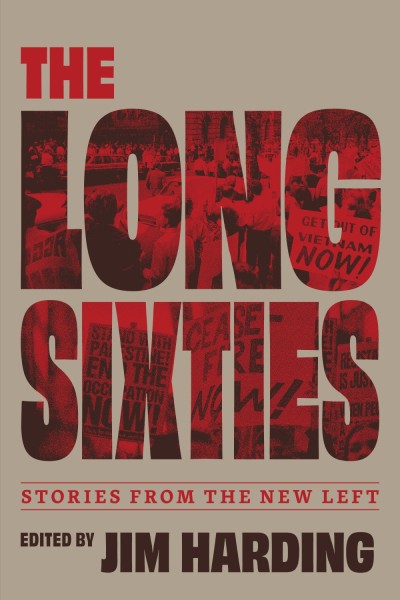

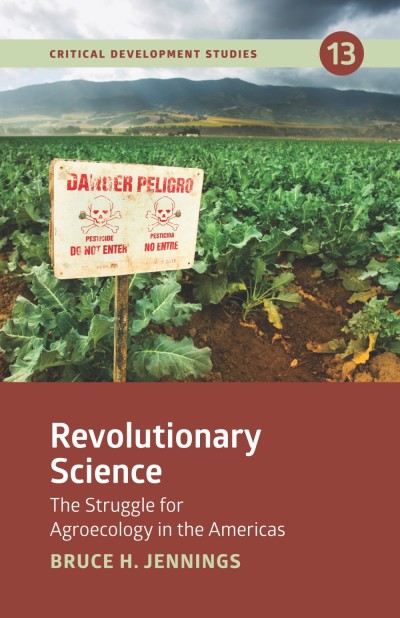
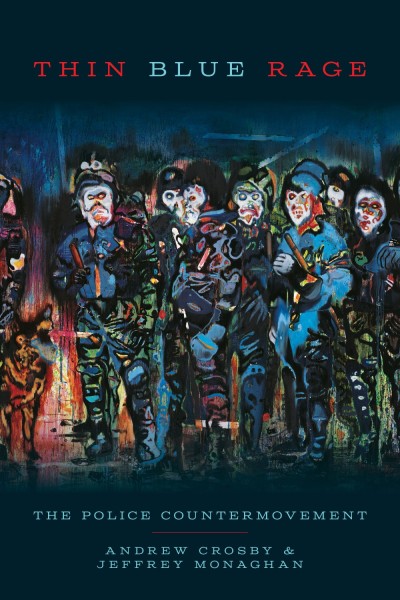
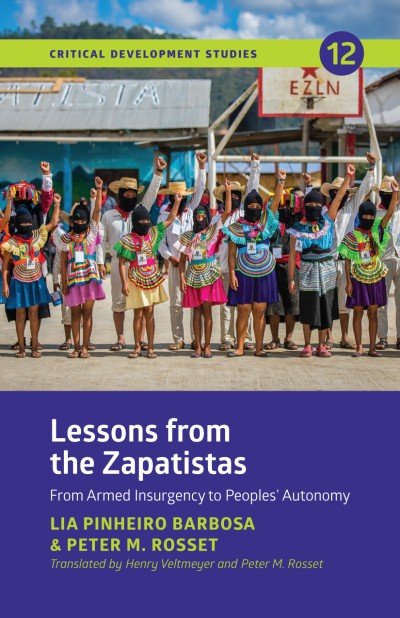
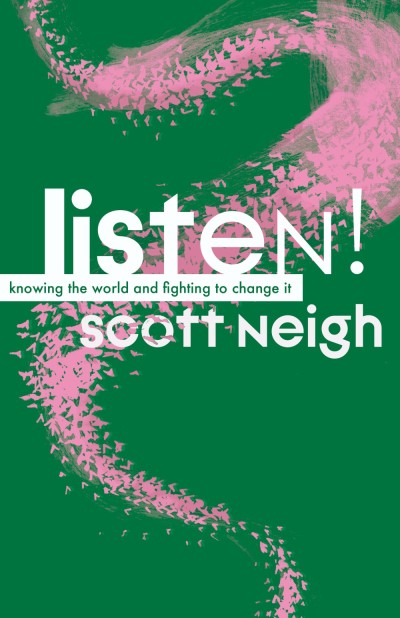
_cover-FINAL_400_600_90_s.jpg)

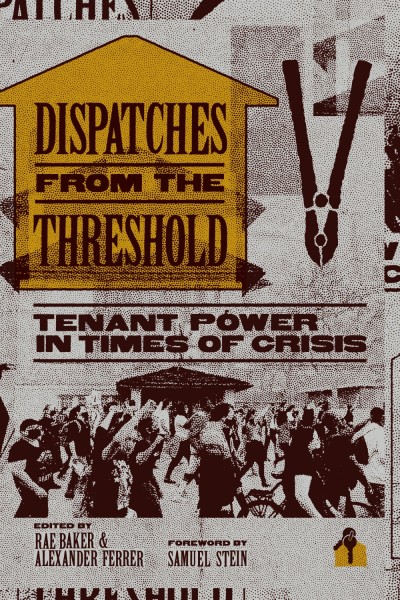
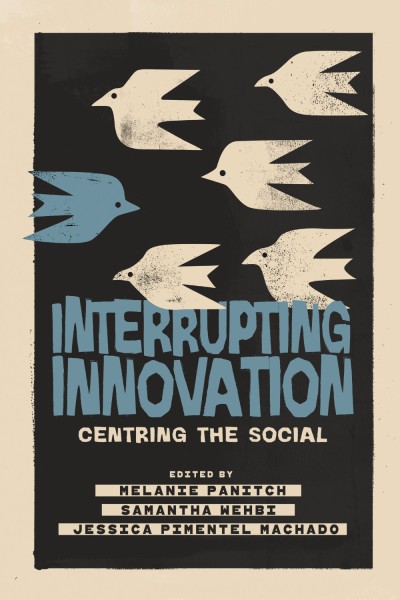

_cover-FINAL_400_618_90_s.jpg)